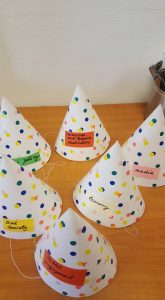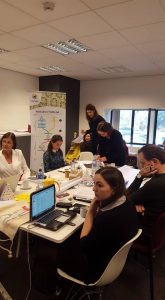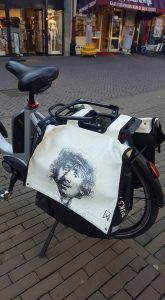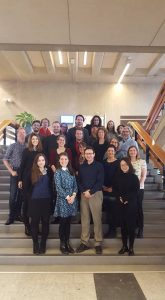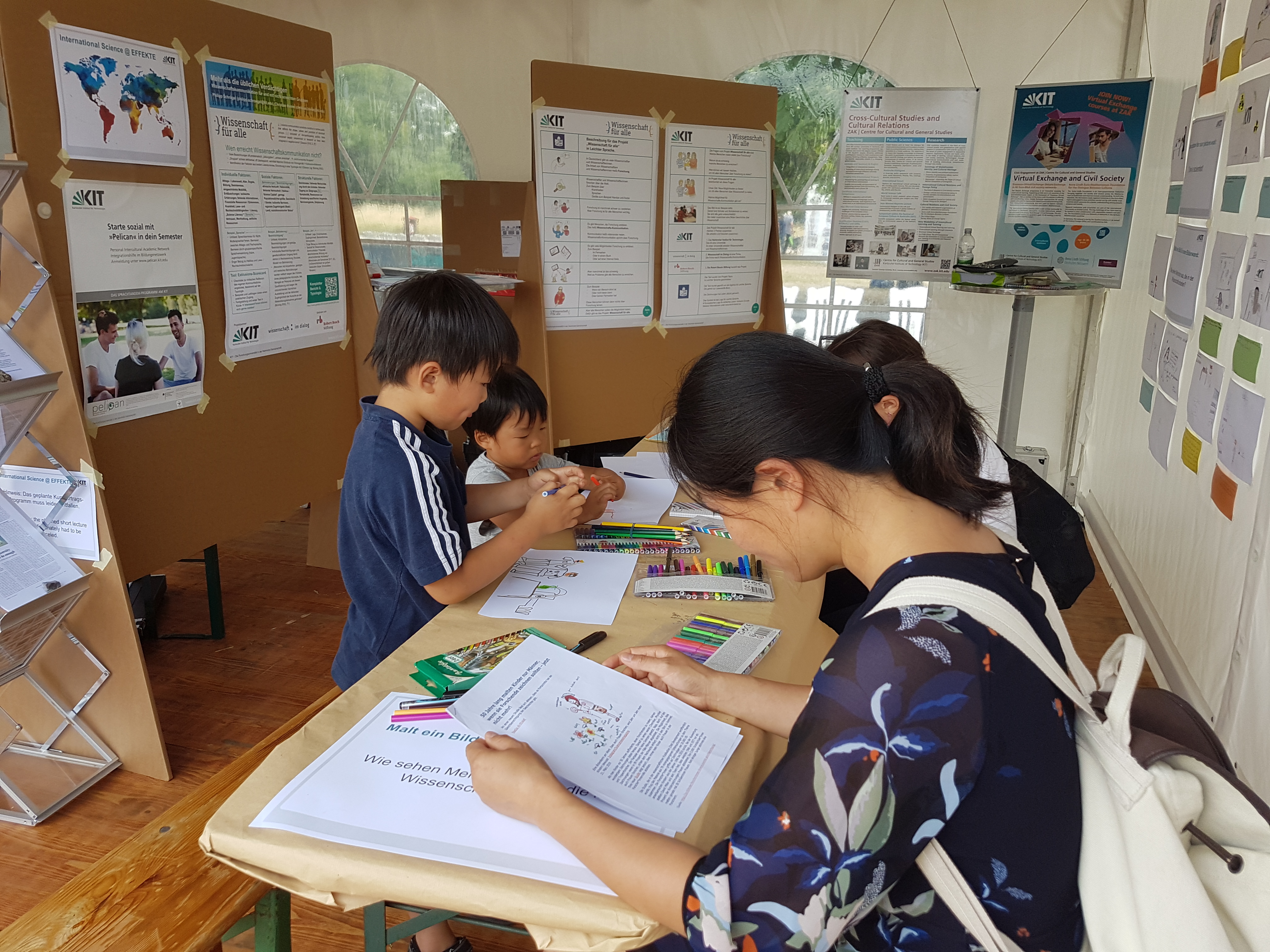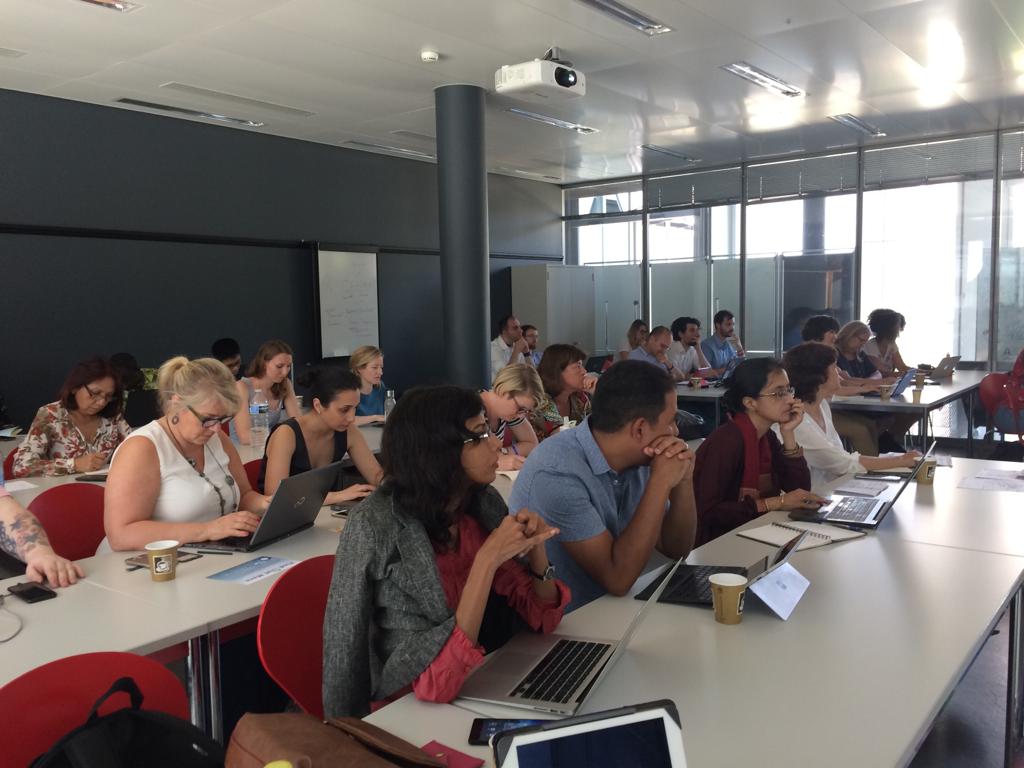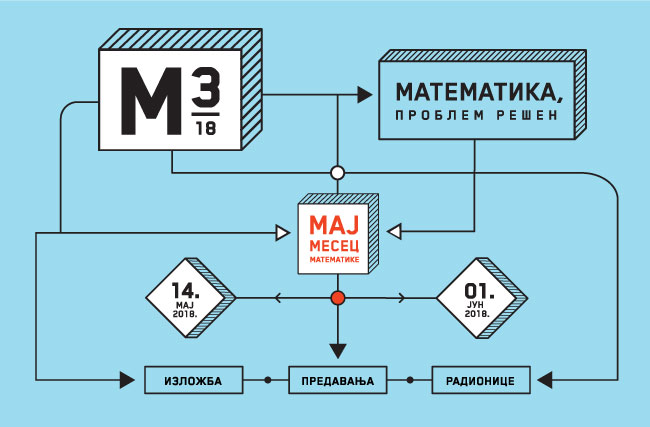Representatives from all ten Embedded Nuclei met in Delft to discuss progress and plan the next steps of implementation. This was the first time that the team had the opportunity to meet and the two-day workshop on “RRI – from plans to Practice” proved to be both productive and energising.
Guest speaker and moderator Bernie Quillinan from UL Engage, University of Limerick gave the workshop an initial boost of energy on the morning of the first day. Opening with the question of “What does an engaged university look like?” she very quickly moved to the need for actually doing something about it. “You can stay visionary for ever but you need to take the first step.”
Suggestions for those steps were very concrete and practical, including:
– Use the language of the people you talk to (this is likely not to be “RRI” but efficiency, quality, standards, getting ahead of your competitors…)
– Find out what people are already doing, polish it and make it shine
– Put RRI on the agenda (literally put it on the agenda for meetings of the Ethics committee, Human Resources, staff induction etc)
– keep an operational diary to see who meets and when
– keep in touch with the communities you work with, share results, present certificates of engagement
– make allies (you can start with one)
– above all, make that first step
What emerged over the two days was the importance of small steps on a journey to making a big difference. Culture change does not happen overnight but through people working together. This is true both internally for an institution and also externally in working with stakeholders and communities. Too often communities can feel that research is being done to them not with them. As Bernie Quillinan reported, “Don’t pimp my pain” was the reaction of one community.
Culture change is built on developing relationships, the sense of “I can work with you”. It is now for this team of Embedded Nuclei to realise the work set out in their respective Action Plans and set up the systems and processes that support their institution foster relationships with societal actors and bring about that change.
